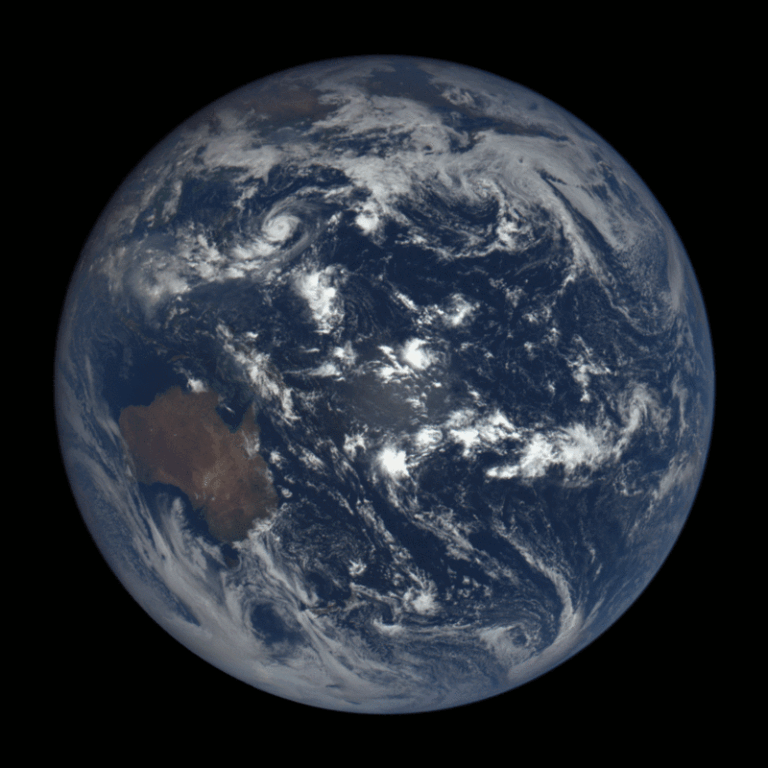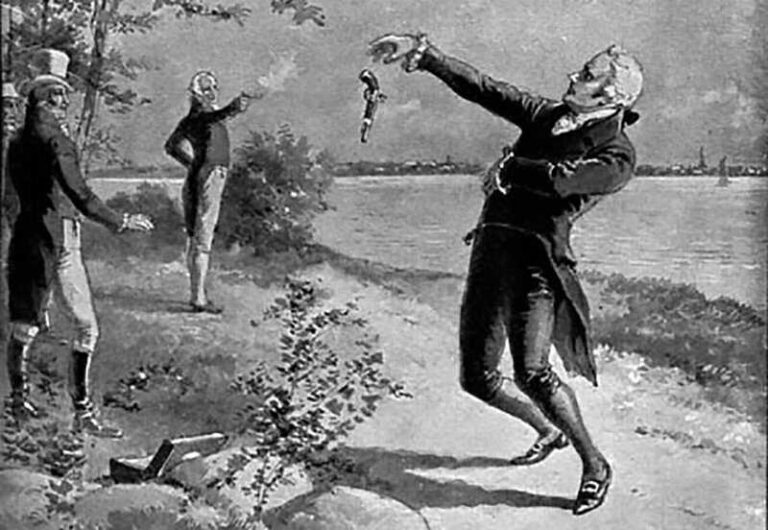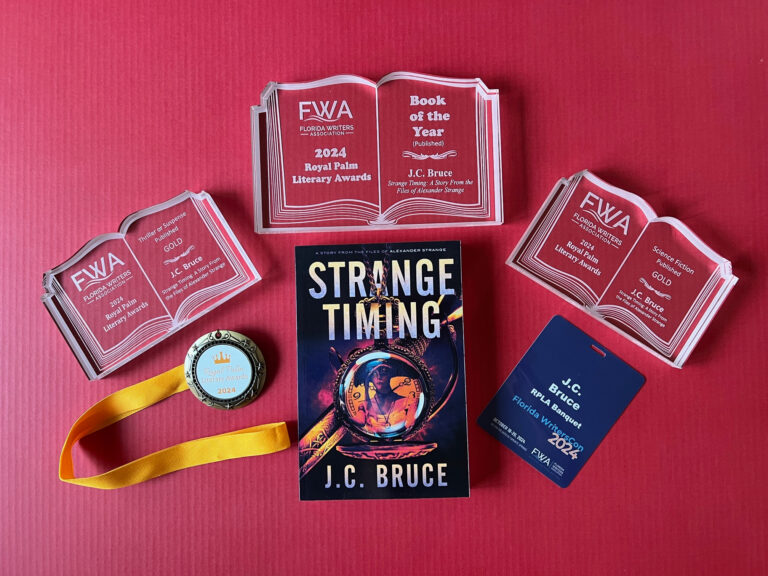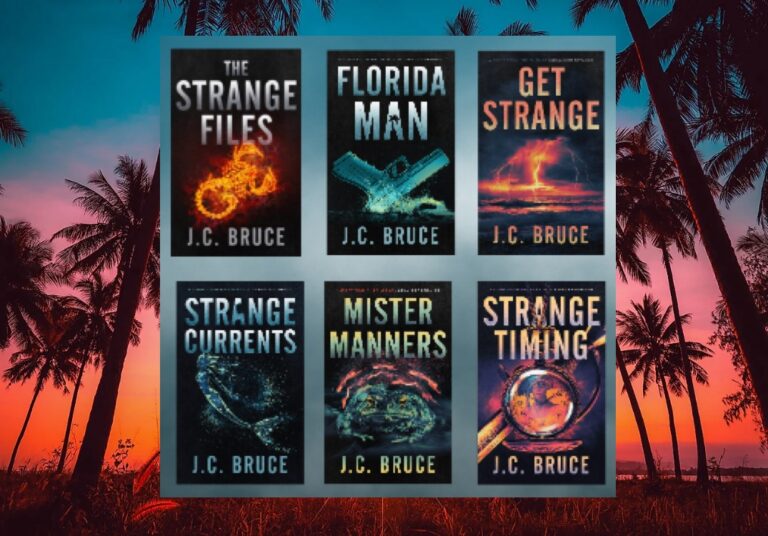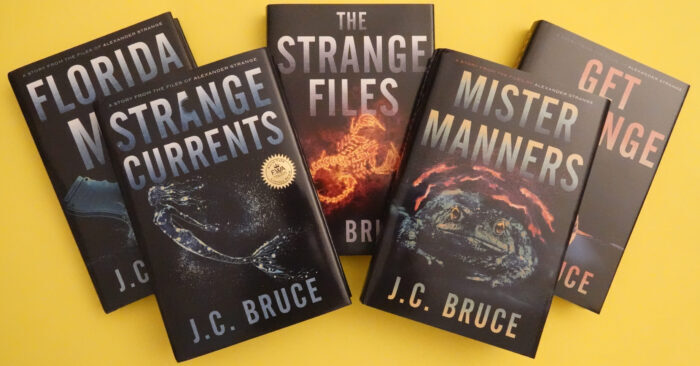
I belong to a wonderful book club based in Dayton, Ohio, the birthplace of aviation and home of the Dayton Literary Peace Prize. At our most recent annual retreat, one of our members, Brad Tillson, compiled this list of recommended books suggested by the members. Thought I’d share it. I was, of course, far too modest, to add my own titles to the list, but not so modest that I passed on the opportunity to use them to illustrate this post.
Bob B.
Admiring Science by Abdulrazak Gurhnah, F. Novel Prize winner in. 2021 better known for Paradise. Immigrant story with Zanzibar-England axis. Moving, and showing the tightness of ties to culture and country or origin
The Temptation to Be Happy by Lorenzo Marone, F. Aging is not for the weak, even if you’ve decided not to care what anyone else thinks. Then a young woman comes into your life unexpectedly.
Drive Your Own Plow Over the Bones of the Dead by Olga Tokarczuk, F. Nobel Prize winner, 2019. Kind of a thriller, with a strange mood set in a remote area of Poland (by chance, close to where my grandmother and great-grandmother immigrated from).
A Strangeness in My Mind by Orhan Pamuk, F. Nobel Prize 2006 (I didn’t set out to choose Nobel Prize winners). Conflicts between modern and traditional cultures in Turkey. By the way, Pamuk’s novels Snow and My Name Is Red are extremely good.
The Man Who Loved Dogs by Leonardo Padura, F. The story, somewhat fictionalized, of the murder of Leon Trotsky, Ramon Mercader and his later life in Cuba (Padura has one of my favorite detective series as well with Mario Conte as the protagonist).
Before All the World by Moriel Rthman-Zecher, F. Not to curry favor among fellow book guys. Mori’s book isn’t always easy to read, but it was one of the most innovative and interesting fiction reads of the last few months. Memory, imagination, conflict – all told in a very non-linear fashion that keeps the reader working; not a bad thing.
J.C.B.
The Expanse, a series of science fiction books (and a subsequent streaming TV series) by James S. A. Corey. It is set hundreds of years in the future after mankind has colonized the solar system. What I love about this is the hard science regarding solar system space travel.
Delta-V and Critical Mass by Daniel Suarez. Delta-V is the prequel and recommend you read that first.
Quantum Void, Quantum Space and Quantum Time by Douglas Phillips. The books go deep in the weeds on quantum mechanics and they are engaging – can’t put down stories as well.
Bluebird by Attica Locke, F. Its main character is an African-American Texas Ranger, Darren Matthews, from the Eastern part of the state. He investigates the death of another African-American, a Chicago lawyer named Michael Wright in the town of Lark.
Jim C.
The Man Who Ran Washington: The Life and Times of James A. Baker III by Peter Baker and Susan Glasser, N. Don’t like him much but a really good view of how politics really works.
Kent C.
From Strength to Strength by Artur C. Brooks, N. How one might capitalize to capabilities that emerge as we age, rather than ruing once-sharp capabilities that ebb.
Grover C.
Fen, Bog and Swamp by Annie Proulx, N. History of the wetlands.
Angle of Repose by Wallace Stegner, F. An old man is writing a history of his pioneering grandmother – wonderfully written.
Freedom’s Dominion by Jefferson Crowe, N. About white resistance to federal power focused on Barbour County, Alabama … birthplace of George Wallace. History of the South.
John F.
Cloud Cuckoo Land by Anthony Doerr, F. My unexpected favorite of the year. Knew he was good from All the Light We Cannot See (liked, but it felt repetitive), but put off by reviews that told of three stories in vastly different time periods … sounded like an author in search of a new gimmick. Gift from my son, so read it and delighted by all three stories and mystery of how they might tie together. He did it artfully. Not a book to put down for a week.
How to Be Good by Nick Hornby, N. Picked up from donated paperback pile at the library where I volunteer. Remember liking High Fidelity long ago, so …? A sneaky, subversive, intimate (one family) look at liberal social ideals vs the reality of living up to them. Funny and insightful.
The Splendid and the Vile by Erik Larson, N. Another author I’ve liked. Knew little about Churchill and now know a lot more as revealed during the blitz. Strategic, exhibitionist, cavalier, always determined, alcoholic, fearless, narcissistic, and more. Fascinating look at the man under pressure.
Lincoln Highway by Amor Towles F. Not a fan of A Gentleman in Moscow and thought this was far worse. A totally improbable fantasy in serious need of an editor and an ending that has something to do with the characters in the story.
Selected Stories by William Trevor, F. Short reads between big novels. A true master of our language and the vagaries of the human condition. Most are ordinary and often poor people bumping along with the ordinary problems of simply getting through the day. Often they fail. If you like the stories try his novel, The Story of Lucy Gault.
The Candy House by Jennifer Egan, F. A sequel to A Visit from the Goon Squad. Not quite sure what to say. She’s a luminous writer. Every page throbs with energy. This is about a new technology that allows the uploading of consciousness (really memory) to an open database … Richard’s dream? I wish he were with us to explain it to me. It feels like Facebook on steroids and left me more uncomfortable with social media than ever.
Ellis J.
The Slough House series by Mick Herron, F. Very funny British spy novels by a terrific writer. I’ve read a few of them and liked London Rules best.
Mercury Pictures Presents by Anthony Marra, F. Well-written, humorous historical fiction about Hollywood in the 1940s.
Tom L.
The Price of Greatness by Jay Cost, N. Captures the struggle between Madison and Hamilton as they created the Federalist Papers and then strongly disagreed about the meaning of the Constitution for governing the new nation.
Bomber Mafia by Malcolm Gladwell, N. Explores how two WWII military leaders, LeMay and Hansell, had such different views about how to win the war and which one won in the short term and then which one ultimately “won.” I loved this book!
Beneath a Ruthless Sun by Gilbert King, N. Similar to Devil in the Grove but captures the tragedy confronting a different, but innocent, victim.
Michael M.
The Left Hand of Darkness by Ursula LeGuinn, classic science fiction.
Privilege: Harvard and the Education of the Ruling Class by Ross Douthat, N. Douthat, whose family converted to Catholicism while he was a teenager, recalls a very different college.
What Did You Do in the War, Sister? by Dennis Turner, N. Local author, Chaminade ’63, classmate and lifelong friend – WWII resistance by Belgian Sisters of Notre Dame as ordered by the Church.
A Gentleman in Moscow by Amor Towles, F.
Hitler’s American Model: The United States and the Making of Nazi Race Law by James Q. Whitman, N.
Bill P.
Remember: The Science of Memory and the Art of Forgetting by Lisa Genova, N. Because of, or perhaps despite having a Harvard PhD in neuroscience, Genova has written a very accessible book that describes the biology of the brain and makes practical suggestions on how to deal with the memory loss that accompanies aging. I found it enlightening and comforting.
Book Parts by Dennis Duncan and Adam Smith, N. If you enjoyed Ellis’s choice Index, A History of, this takes you to the next level of book history exploration. Twenty-one researchers and writers have entries on different book features or sections. Examples: dust jackets, addresses to the reader, chapter heads, footnotes, blurbs. Most of the writers are from English universities though several are from Columbia. I believe this book will enrich your book-reading experience as it has mine. One drawback is price – $49 plus tax.
Ron R.
Great Circle by Maggie Shipstead, F. A great, old-fashioned yarn about an Earhart-style female aviator, balanced by a narrative line about the screwed-up actress playing her in a current biopic. Thrilling and wonderful, one of the most fun books I’ve read in a long time. If you want to go the Audible route, it is exceptionally well-done.
My Year of Rest and Relaxation by Ottessah Moshfegh, F. A young woman is so stressed and depressed by life she decides to sleep for a year. This takes some planning, of course, but needless to say, things do not go well. Very interesting and pretty weird, but really good. The last few pages are extraordinary.
Now Is Not the Time to Panic by Kevin Wilson, F. The newest book on this list. Two teenage outcasts who sorta love each other create a work of art that goes viral and does real damage, while they are helpless to stop it. This book is about so many things, not the least of which is art and its power on people. I’ll read anything by Kevin Wilson, who has also written a (terrific) novel about a woman who gets a job as a governess for two children who occasionally burst into flames.
Notes on an Execution by Danya Kukafka, F. Couldn’t put this down once I started. Turns the traditional serial-killer storyline inside out by focusing on the murderer’s female victims and the woman cop on his tail, as the clock ticks down to his execution. Great book.
Getting Lost by Annie Ernaux, F/N. Ernaux won this year’s Nobel Prize for Literature, and I was annoyed I had never heard of her. She is one of France’s top literary writers from the last few decades, and she mostly writes about passion, love, obsession, fear loneliness, aging, shame, guilt and lots and lots and lots of sex (as I said, she’s French). This is metafictional about an affair she had in her 50s with a younger Russian diplomat, told as diary entries. It’s really good.
So Long, See You Tomorrow by William Maxwell, F. A small, intimate novel about how things that happen to you when you’re growing up and don’t know any better can resonate through the rest of your life, set in a small Midwestern town. Tightly told and memorable.
My Dark Vanessa by Kate Elizabeth Russell, F. A new spin on “Lolita,” but with horns and twists. A young woman is forced to reflect on the affair she had as a teenager with her professor, which she truly believed to have been a good thing with a man who really loved her. Uh-huh. A haunting and really thoughtful book. “Lolita,” by the way, remains my favorite novel ever.
Billy Lynn’s Long Halftime Walk by Ben Fountain, F. One of the best first novels to come from our U.S. “forever wars.” Billy is part of a unit noted for bravery in the Iraq War, and they are being honored during the Dallas Cowboys Thanksgiving game for their service. The whole story happens during the time span of the game. Great writing, and all of America seems to happen in this book. A Dayton Literary Peace Prize winner.
Bluets by Maggie Nelson, P. This very short prose poem is about the author’s obsession with the color blue, but it’s really about love, sex, loss grief, hope, friendship and everything else in the world. One of my favorite books; I reread it a few times a year.
Beautiful Ruins by Jess Walter, F. Set in a small Italian fishing village, a young man who runs an inn rescues an American actress who has been stolen from the set of “Cleopatra,” which is being filmed in Rome nearby. That’s all I want to say.
Normal People by Sally Rooney, F. This was one of the biggest novels of the last few years and is amazing despite the hype. Follows the on-again, off-again relationship between a young man and woman in Dublin, with whom you will probably kind of fall in love with yourself. The perfect novel to help you understand Millennials.
Ducks, Newburyport by Lucy Ellmann, F. You may have heard of this when it was reviewed as a 1,000-page novel that is told in a single sentence. It almost kind of is that, but trust me that it’s also wonderful. Follows a day or so in the life of a frustrated Ohio woman who is trying to keep her family, her business and her mind together while she ruminates on America, history, the climate, everything else – all while a mountain lion and an obsessed stalker are wandering about nearby. Truly unlike anything else I’ve ever read – including “Ulysses,” to which it comes closest for pure stream of consciousness. Ellmann’s book is much more fun.
Brad T.
Olive Kitteridge by Elizabeth Strout, F. Beautifully written character study of a woman I disliked from the first page and at times wanted to smack but was bereft when she exited.
Chasing History: A Kid in the Newsroom by Carl Bernstein, N. Okay, maybe not everyone will fall in love with this the way I did. The best newspaper book I’ve read. Covers the author’s early career at the Washington Star, before he became famous as half of “Woodstein.” Full of hot type and cool characters, all very authentic. A career that literally could not be replicated today.
The Church of Baseball by Ron Sheldon, N. Two books in one. One about the author’s minor league baseball career and the other about the making of a great movie about baseball (“Bull Durham”). Full of great characters and humor.
Old Poets: Reminiscences and Opinions by Donald Hall, N. Hall’s first-hand experiences with some of the demi-gods of modern poetry.
Queen of Our Times by Robert Hardiman, N. An affectionate and comprehensive portrait of Queen Elizabeth II, updated after her death, and to a considerable extent a history of our times from WW II to COVID.
And Then There Was Light: Abraham Lincoln and the American Struggle by Jon Meacham, N. I know, so many Lincoln books and so little time. I’ve ready many of them and consider this one of the best. It captures the complexity and contradictions of the man and shows how he changed over time. It places him and the issues he struggled with in a context right up to our time.
Empress of the Nile by Lynne Olson, N. Remarkable story of Christiane Desroches-Noblecourt, one of the great Egyptologists of all time, and a prime mover behind the amazing rescue and relocation of the Temple of Abu Simbel.
What’s Left of Me Is Yours by Stephanie Scott, F. Complex story set in Japan with multiple narrators. Part detective story, part cultural anthropology, and largely character study of a woman, her lover, her father and her daughter.
Basel Y.
The Silk Roads, a New History of the World by Peter Frankopan, N. Obviously a non-fiction and one of the best history books I read. It describes critical trade routes throughout history. If you like history books, this is a must. The author wrote a follow-up called New Silk Roads.
Homeland Elegy by Ayad Akhtar, F. It is supposedly a novel, but I believe is almost an autobiography. It is described as a novel by Ayad Akhtar who won a Pulitzer for playwriting. It is the story of a Muslim American life in America.
Angle of Repose by Wallace Stegner, F. I was of course introduced to this exceptional American novelist by our book club. This is supposedly his best novel for which he received a Pulitzer Prize in the miid-70s.


